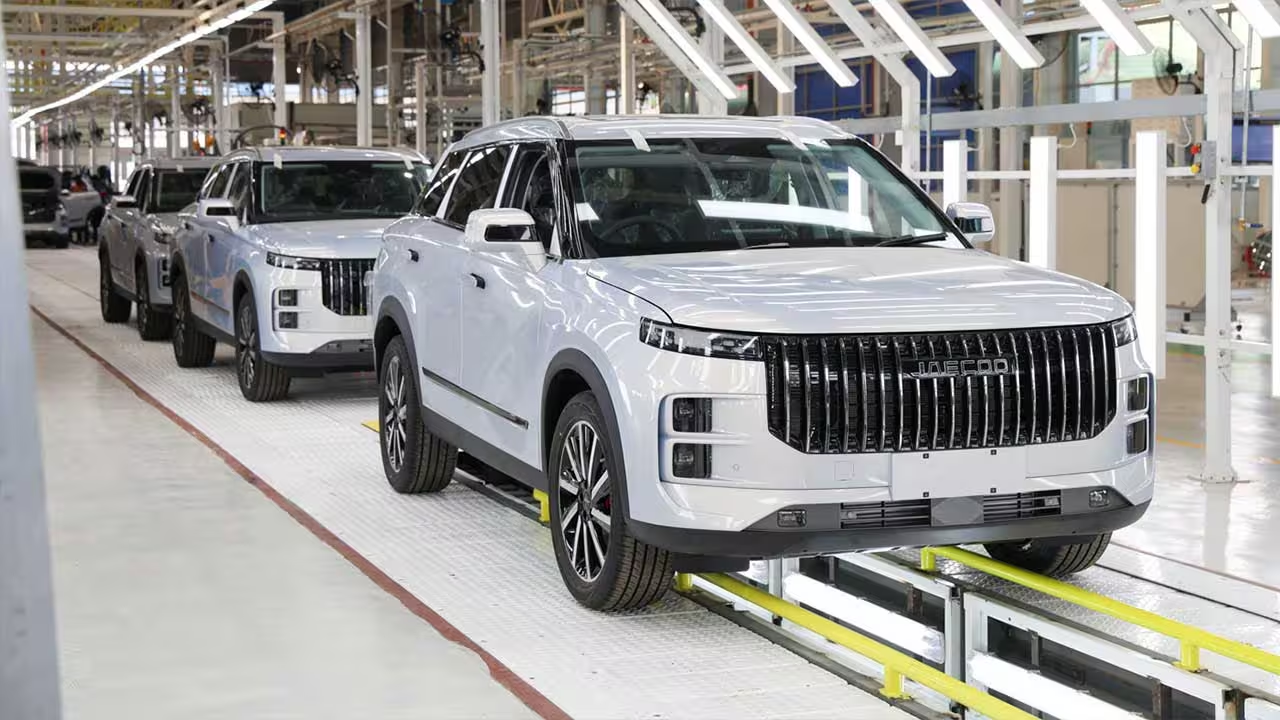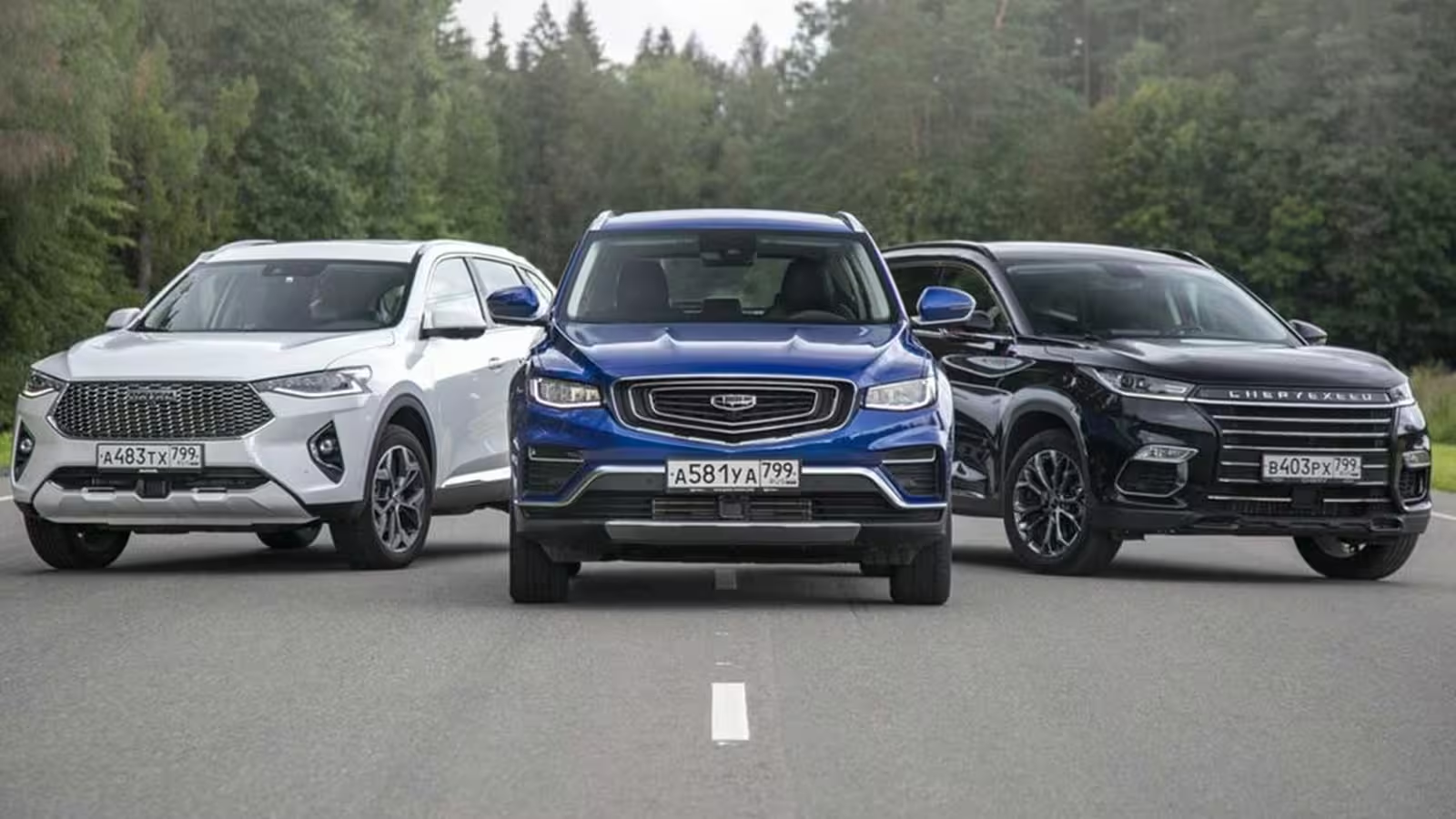4 Minutes
The Turbulent State of China’s Car Manufacturing Sector
China’s automotive industry is one of the largest and most dynamic in the world. With more than 300 domestic automakers, the country has become a powerhouse in the development and production of cars, electric vehicles, and commercial vehicles. However, this rapid expansion has led to a significant challenge: overproduction. While China’s population is enormous, the local demand for new vehicles simply cannot keep pace with the relentless output from hundreds of car manufacturers.
Excess Supply and the Emergence of Unconventional Export Strategies
Despite major government efforts to stimulate demand through various incentives and regulatory support, car dealerships across China are struggling with saturated inventories. To address the surplus, Chinese authorities have begun encouraging carmakers to export brand-new vehicles as so-called 'used cars' to international buyers, particularly in rapidly growing markets of the Middle East, Central Asia, and Russia. This strategy, facilitated by fast-tracked export licenses and expedited tax incentives, has led to an artificial reduction in vehicle prices abroad and poses a significant challenge to global competitors.
Government Policy and the Global Price War
The government in China imposes strict production and sales targets on automakers, offering rewards such as larger budgets and promotions for compliance, but also threatening penalties for missed quotas. This pressure motivates domestic manufacturers to offload new inventory overseas at lower-than-market prices. By classifying these vehicles as 'used' in paperwork—often after issuing a temporary license plate and registration—Chinese brands gain access to foreign markets while technically reaching their sales targets at home. This practice not only disrupts established automakers worldwide, including companies like Tesla that operate within China, but also initiates a fierce price war in the global automotive sector.

Impact on Design, Performance, and Market Positioning
Chinese automakers are producing increasingly competitive cars, especially in electric vehicle (EV) technology, battery range, and state-of-the-art features. Models exported under this strategy are often equipped with modern safety systems, attractive designs, and efficient powertrains that appeal to value-focused customers overseas. Yet, the artificially suppressed pricing distorts fair competition, putting traditional global brands at a disadvantage and forcing many to reevaluate their presence or manufacturing strategies in emerging markets.
Industry Turmoil and Signs of Change
While the export tactic has allowed Chinese brands to clear unsold stock, it has not solved underlying structural issues. China’s largest car manufacturer, BYD, has recently scaled back domestic production while considering new overseas assembly lines. Some industry leaders and officials have proposed mergers or consolidations among China’s hundreds of brands to promote sustainability and reduce market chaos. The future of the Chinese automotive sector is thus at a crossroads, with possible reforms and strategic realignments on the horizon.
Conclusion: Navigating an Uncertain Road Ahead
China’s unprecedented car production scale, combined with aggressive export incentives and the proliferation of domestic car brands, is transforming the global automotive market. While Chinese vehicles now offer impressive specifications, attractive designs, and competitive performance, the consequences of overproduction and unconventional export practices are reshaping the balance of power among global automakers. As the Chinese government seeks to cement a dominant position on the world stage, both consumers and industry observers are watching closely for the next shift in this dynamic automotive landscape.



Comments